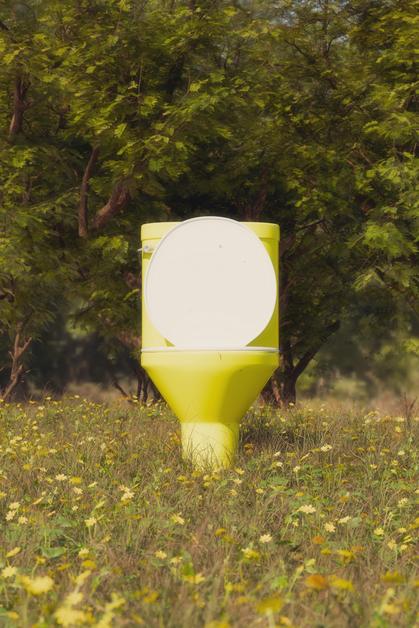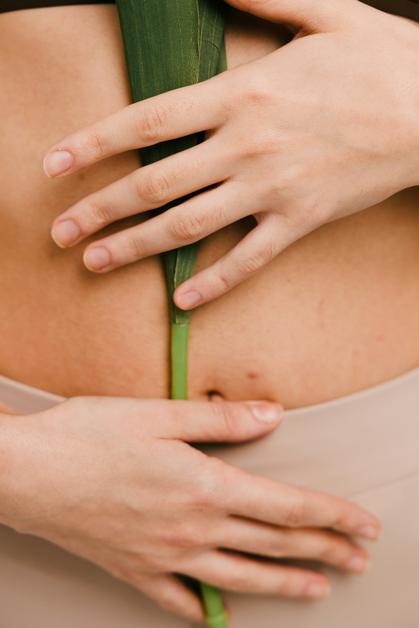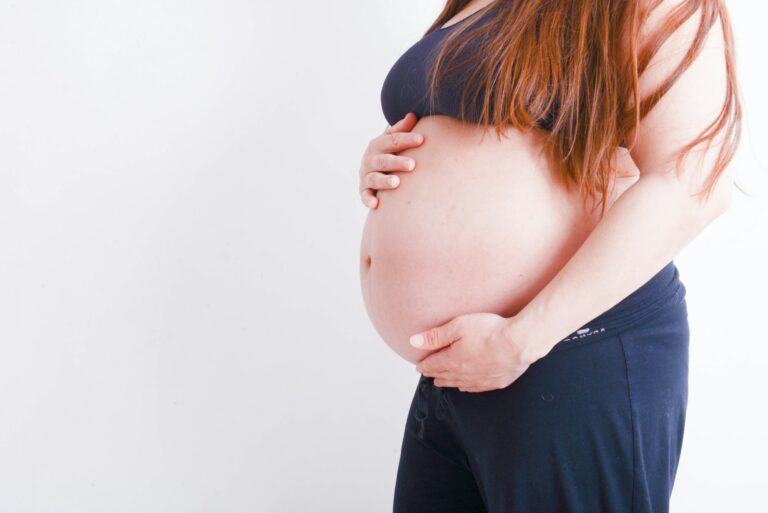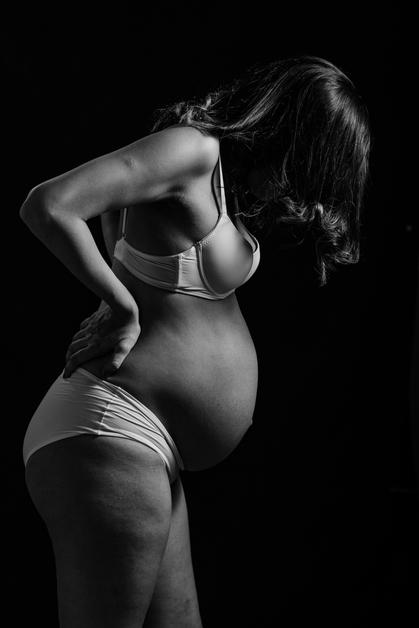Racing to the bathroom suddenly and repeatedly—a scenario that quickly becomes all too familiar during pregnancy. Wondering why you now map out every public restroom, even when your day has barely begun? Or perhaps you’re caught between curiosity and concern, unsure if feeling this relentless urge to urinate, sometimes with barely a trickle as a reward, is just “normal” or a sign of something more? Frequent urination pregnancy can seem relentless, weaving itself into daily routines, sleep patterns, even the way you plan outings. Some days, the sensation appears out of nowhere. On other days, it seems to mirror baby’s mood: sometimes quiet, sometimes urgent. What triggers this pattern? Are there ways to bring relief, or must you simply endure? Let’s untangle the web of bodily changes, offer clear-headed strategies, and illuminate what’s typical versus what needs a closer look—all while equipping you with both reassurance and practical know-how.
Hormonal, vascular, and physical origins: Why does frequent urination pregnancy occur?
Pregnancy orchestrates a complex physiological ballet. Suddenly, the body dances to the tune of several dramatic changes:
- hCG surge: As soon as implantation starts, the placenta produces human chorionic gonadotropin. This hormone comes with a direct effect—boosted blood flow to the pelvic region, including the kidneys and bladder. Essentially, with more blood for the kidneys to filter, urine production ramps up. Even a partially full bladder becomes impossible to ignore.
- Progesterone’s quiet influence: Alongside hCG, progesterone—the “relaxer hormone”—softens muscle fibers, including those in the bladder wall and pelvic floor. The outcome? Less resistance to that “gotta go now” sensation—and sometimes a nearly impossible challenge of “holding it in” when sneezing, laughing, or coughing.
- Increased plasma volume: By mid-pregnancy, maternal blood volume expands by roughly 30–50%. Kidneys filter this extra fluid, leading to elevated urine output.
- Bladder compression: The uterus, once a compact organ, now grows and migrates upwards, later pressing directly onto the bladder. As space narrows, bladder capacity shrinks, and the urge to urinate increases. This fluctuation creates the classic pattern of frequent urination pregnancy: a surging urge, sometimes with only tiny volumes to show for it.
Throughout all trimesters, these processes blend, overlap, and intensify—or calm—according to hormonal rhythms and fetal growth.
Changing timeline: From first signs to late pregnancy
You might ask—does this constant “bathroom patrol” ever get a break? Let’s break down the shifts trimester by trimester.
First trimester: An abrupt introduction
High hormonal tides arrive early—often before any visible bump. The uterus, just cresting the top of the pubic bone, already asserts itself, nudging the bladder even as hCG and renal blood flow heighten sensitivity. For many, nighttime awakenings start now, as does the sense that outings must be pre-mapped for bathroom stops.
Second trimester: A breath of relief?
The uterus lifts out of the pelvis, giving the bladder a temporary reprieve. Many parents describe this stretch as milder for frequent urination pregnancy, although the baseline urgency rarely vanishes altogether. Daytime comfort returns for some, but if you’re not one of them, know that individual variations are common.
Third trimester: The squeeze is back
Suddenly, in the final weeks, the baby “drops,” and the uterus, heavier than ever, reclines right on the bladder. Short trips, meetings, even sleep become battlegrounds for control. This is often when leaks happen most, as pressure and muscle stretching intensify. The cycle of urgency and incomplete relief reaches its peak.
After delivery
Surprisingly, frequent urination pregnancy does not evaporate immediately after childbirth. As the body lets go of excess fluid accumulated in pregnancy, brief periods of increased urination follow. Within about six weeks, most parents notice a steady return to pre-pregnancy patterns, although pelvic floor function may take additional time to fully recover.
Decoding symptoms: What’s typical, and when to worry?
Adapting to frequent urination pregnancy means discerning what’s expected versus what signals a problem.
Typical symptoms
- Running to the bathroom more often, both during the day and at night
- Feeling a sudden, intense urge, even if very little urine is present
- Occasional leaks during laughter, coughing, or exercise
Red flags: Seeking medical advice
The following symptoms warrant a prompt chat with your provider:
- Dysuria: Burning or pain with urination, suggesting urinary tract infection (UTI)
- Hematuria: Blood in the urine, or urine that’s cloudy or foul-smelling
- Fever, chills, or lower abdominal pain
- The feeling of never really emptying your bladder, or producing just a few drops despite urgency
- Back pain, unexplained contractions, or a sudden general decline in well-being
Sometimes, UTIs in pregnancy develop silently. That’s why clinicians routinely screen urine, even in the absence of symptoms. Left unchecked, infections can advance to kidney involvement or precipitate preterm labor, making vigilance essential.
Strategies to reclaim comfort: Practical and medical advice
Hydration: The delicate balance
Resist the temptation to restrict fluids despite the relentless frequent urination pregnancy cycle. Adequate intake—usually 1.5 to 2 liters per day—is necessary to prevent dehydration and support renal function. However, try sipping consistently throughout the day and slowing your intake a few hours before bedtime. This helps safeguard sleep, even if it can’t erase all night-time trips.
Minimizing triggers: Diuretics and irritants
Certain drinks intensify the issue. High-caffeine beverages—coffee, black tea, sodas, energy drinks—act as diuretics, increasing urine output. Consider swapping these for caffeine-free, unsweetened options or herbal teas (but always check safety during pregnancy before trying new herbs).
What to wear: Clothing and toilet best practices
Opt for loose waistbands and cotton underwear. Clothes that compress the lower abdomen can increase urgency. Always go at the first sign of need, avoiding the temptation to hold urine for long periods. When you sit, lean slightly forward—it can actually enhance bladder emptying and provide some relief.
Dealing with leaks and logistics
In late pregnancy, leaks may become more frequent. Absorbent, breathable pads designed for stress incontinence or pregnancy are useful. Change pads regularly for comfort and hygiene. On busy days, bring spares and a change of underwear—an act of preparation, not defeat. Map out restroom locations (especially in public settings), and let trusted colleagues know about your need for more frequent breaks.
Fiber and digestion: Bowel health matters
Constipation—another familiar companion—places extra stress on the bladder. Boosting fiber intake (from vegetables, fruits, and whole grains) helps keep bowel movements regular, supporting visceral harmony and potentially reducing symptoms of frequent urination pregnancy.
Intimate hygiene: Protective habits
- Always wipe from front to back to minimize bacterial contamination
- Urinate after sexual intercourse—this quick flush may help clear bacteria from the urethra, lowering risk of UTI
- Use mild, fragrance-free soap for cleansing; skip douching or scented wipes, which disrupt urogenital flora
- Before adding supplements like cranberry (sometimes proposed for UTI prevention), check with your medical provider
Pelvic floor: The keystone of control
Pelvic floor exercises, widely known as Kegels, offer tangible benefits. Contract these muscles (imagine halting urine mid-stream), hold for 5–10 seconds, then release. Practice several times daily. Well-toned pelvic muscles improve continence, reduce urgency, and lay the groundwork for postpartum recovery.
After birth: Supporting recovery
Although frequent urination pregnancy will lessen, your body still needs time. Stay hydrated, continue pelvic floor work, and avoid triggers. If you’re still experiencing discomfort, pain, or unusual patterns beyond six weeks postpartum, don’t wait—seek assessment.
Specific situations: Assisted reproductive technologies (ART) and heightened urinary changes
For those undergoing IVF or similar treatments, frequent urination pregnancy often appears earlier and with more gusto. The reasons: amplified hormonal shifts and brisk changes in uterine size. When treatments overlap with new symptoms, heightened vigilance—and transparent communication with your provider—are fundamental.
When professional support is paramount
Never ignore:
- Sudden escalation in urgency or frequency beyond your baseline
- Pain, fever, visible blood in your urine, or strong new back or abdominal pain
- Persistent contractions or a sense of feeling unwell
Urine tests and targeted gynecological evaluation provide clarity. Timely attention can protect both parent and baby from potential complications.
Key takeaways
- Frequent urination pregnancy is usually a natural consequence of hormonal surges, increased blood flow, and the physical growth of the uterus compressing your bladder.
- Typical symptoms include more frequent bathroom visits, sudden urges, and sometimes minor leakage. These patterns shift across trimesters, peaking in the first and last thirds.
- Stay hydrated—do not restrict fluids. Instead, adjust intake timing, limit caffeine, and favor gentle bladder health habits.
- Clothing, hygiene routines, and pelvic floor exercises empower you to regain some comfort and control.
- Be vigilant. Burning urination, blood in urine, intense pain, fever, or feeling unwell are not “just part of pregnancy”—they’re signals to seek prompt care.
- Support exists—midwives, obstetricians, and specialized health apps can offer reassurance and targeted advice. Discover personalized resources and free health questionnaires for children by downloading the Heloa application.
Each parent’s experience with frequent urination pregnancy is different. With the right information, practical steps, and medical guidance, comfort and confidence are attainable—even when bathroom breaks become the rhythm of your day.
Questions Parents Ask
Can frequent urination during pregnancy be a sign of a problem with the baby?
Frequent urination on its own, without pain or other unusual symptoms, is usually a normal part of pregnancy and not a sign of a problem for your baby. Your body is simply adapting to support the growth and needs of your child. However, if frequent urination is accompanied by discomfort, fever, blood in the urine, or any unusual pain, it is important to seek medical advice. These signs may indicate an infection or another health concern for you, but rest assured, support is available to protect both you and your baby.
How can I manage frequent urination if it starts disrupting my sleep?
Finding restful sleep can be more challenging when frequent urination interrupts your nights. Try to drink plenty of fluids earlier in the day and reduce your intake in the hours leading up to bedtime. Making this small adjustment may help you enjoy longer periods of uninterrupted rest. If waking at night becomes stressful, gentle relaxation techniques and arranging your bedroom for easy access to the bathroom can also offer some comfort. Remember, every parent deserves understanding and support through these changes.
Is it safe to hold urine for longer periods during pregnancy?
It’s understandable to want to avoid constant trips to the bathroom, but it’s best not to hold urine for too long. Regular emptying of the bladder helps reduce the risk of urinary tract infections, which are more common during pregnancy. Whenever you feel the urge, try to go without delay. Your comfort and well-being are important, and there’s no need to feel embarrassed about listening to your body’s needs.









